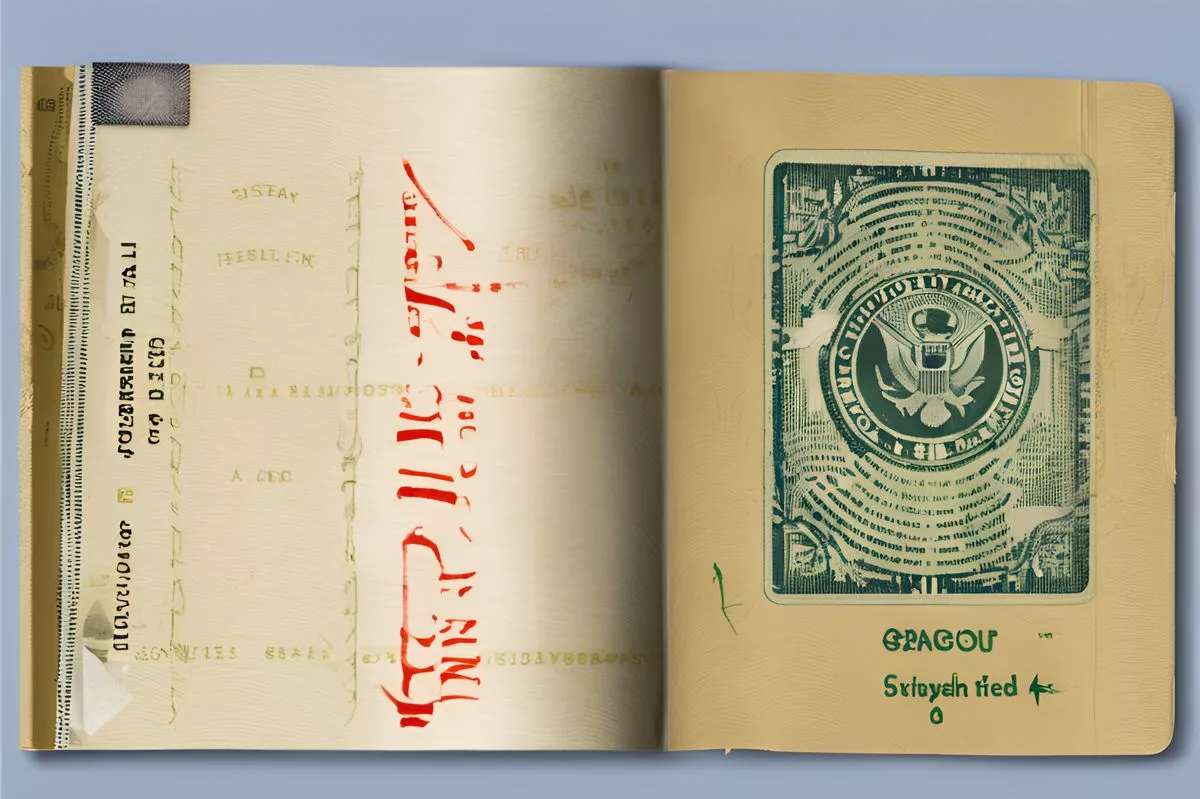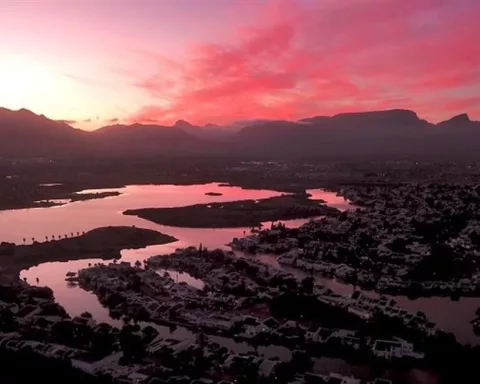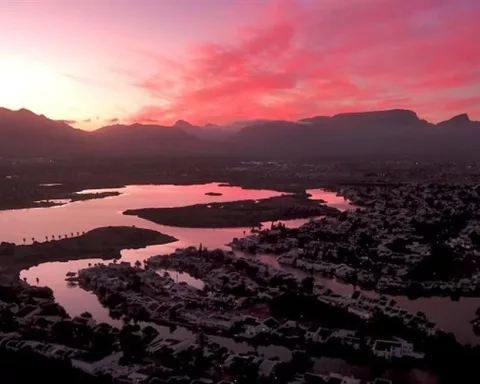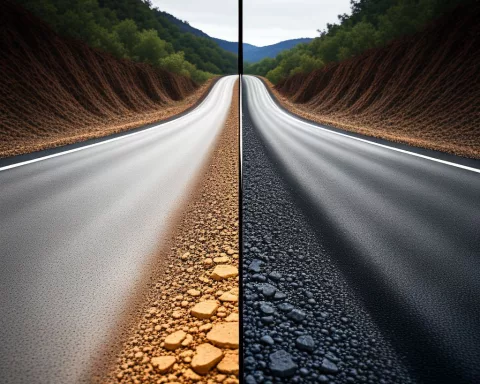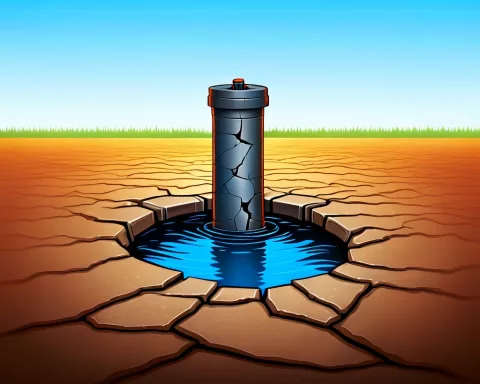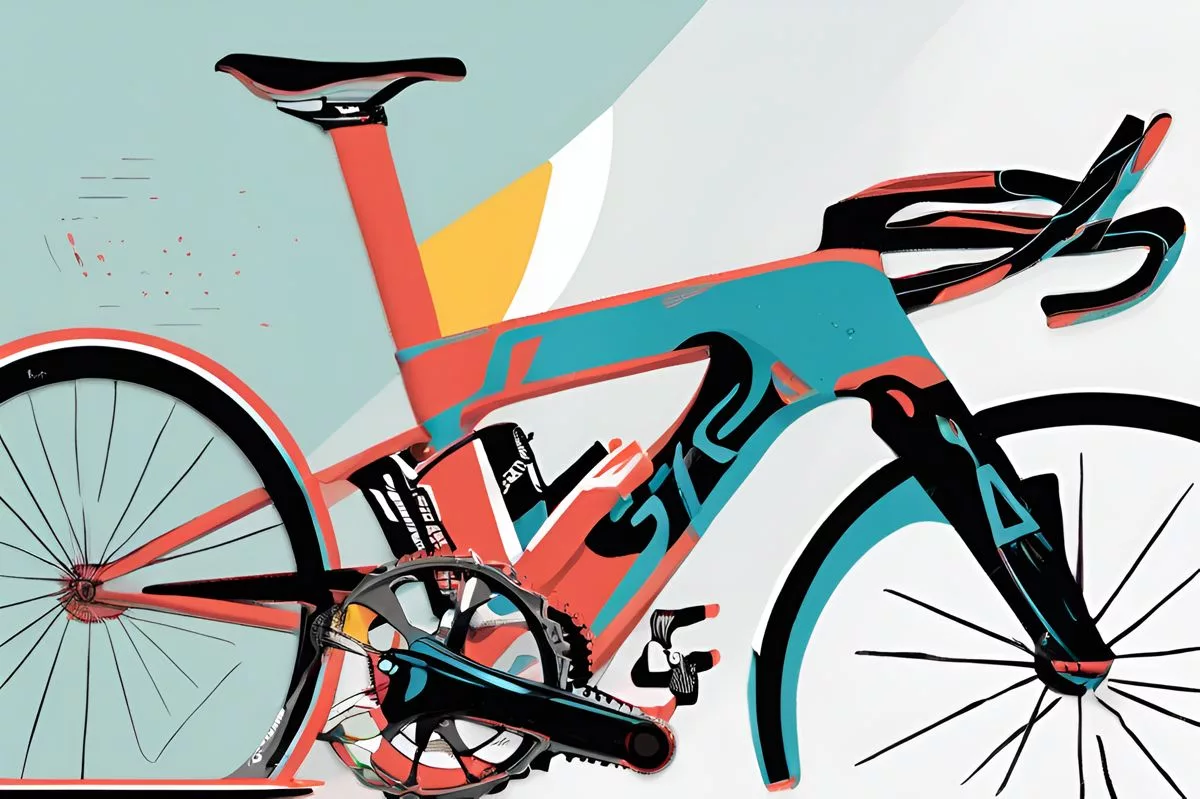Artists and athletes from Africa and Asia are unhappy with the high rate of Schengen visa rejections, which they liken to ‘global apartheid.’ They say that it disproportionately affects countries where people struggle to pay the visa fees, making it harder for them to access international opportunities. High fees and rejection rates could lead to a lack of diversity in art and sports, as talented people from certain regions may miss out.
Challenging the Inequality of Schengen Visa Denials
Artists and athletes from Africa and Asia express discontent with high Schengen visa rejection rates, likening it to ‘global apartheid.’ They argue that such measures disproportionately affect countries where visa expenses are less manageable, impeding their access to international opportunities. High visa fees and denial rates could ultimately lead to cultural uniformity, depriving the world of diverse artistic and sports talents.
Challenging the Inequality of Schengen Visa Denials
Artists and athletes hailing from Africa and Asia have expressed their dissatisfaction with the exceedingly high rate of Schengen visa rejections, likening it to ‘global apartheid.’ They maintain that such measures disproportionately affect countries where the population is less able to shoulder visa expenses, thereby impeding their access to international opportunities.
The phrase ‘Schengen visa’ pertains to a temporary visa permitting an individual to visit any of the Schengen Area members, a group composed of 26 European countries. The Schengen visa bears immense significance for artists and athletes, as it facilitates international exposure, appearances, tournaments, and partnerships.
High Rejection Rates and Their Implications
Schengen Visa Statistics reveal that countries such as Comoros, Guinea-Bissau, and Ghana from Africa, and Pakistan from Asia, saw the most visa applications rejected in 2023. The rejection rates for visa applications from these countries varied between 46% and 57%, a percentage substantially higher than other regions.
The situation was further aggravated by the European Union Commission’s resolution to raise the Schengen visa application fees, sparking concern amongst applicants from these nations. The revised fees for adult applications rose from €80 to €90, while the cost for children’s applications increased from €40 to €45. This fee hike, effective from June 11, 2024, intensifies the existing hardships faced by artists and athletes from these regions.
The Impact of Increased Visa Fees
The Slovenian Ministry of Foreign and European Affairs, a member of the Schengen countries, was the first to enforce this rise. They defended this action as a reaction to the European Commission’s 12% surge in temporary stay Schengen visa fees. From June 11, 2024, onwards, the new fees will stand at €90 for adults and €45 for children between 6 and 12 years old.
These increased fees, along with the high denial rates, have stirred feelings of inequality and irritation amongst artists and athletes from Asia and Africa. They assert that these actions sideline them and restrict their capacity to contribute to global art, culture, athletics, and even discussions.
Furthermore, the high visa fees and denial rates could ultimately result in cultural uniformity, depriving the world of the immense and varied artistic and sports talent that flourishes in these regions. It is crucial to question whether such obstacles are in line with the values of cooperation, diversity, and inclusivity that art and sport have traditionally upheld.
The Path Forward
While the European Union’s Commission has not yet declared when the fee hike will be implemented throughout the entire Schengen region, the current situation highlights the imbalance that prevails in our progressively globalized world. As we celebrate the universal language of art and sports that overcomes boundaries, it is vital to ensure that artists and athletes from all corners of the globe have an equitable opportunity to participate in the global arena, free from any geographical or financial prejudice.
What is a Schengen visa?
A Schengen visa is a temporary visa that allows individuals to visit any of the 26 European countries that are part of the Schengen Area. It is especially important for artists and athletes as it allows them to participate in international events, collaborations, and partnerships.
Why are artists and athletes from Africa and Asia concerned about Schengen visa rejections?
Artists and athletes from Africa and Asia are concerned about the high rate of Schengen visa rejections, which they liken to ‘global apartheid.’ They argue that this disproportionately affects countries where people struggle to pay the visa fees, making it harder for them to access international opportunities. This could lead to a lack of diversity in art and sports, as talented people from certain regions may miss out.
Which countries have the highest Schengen visa rejection rates?
According to Schengen Visa Statistics, countries such as Comoros, Guinea-Bissau, and Ghana from Africa and Pakistan from Asia saw the most visa applications rejected in 2023. The rejection rates for visa applications from these countries varied between 46% and 57%, a percentage substantially higher than other regions.
How has the recent fee hike for Schengen visa applications affected artists and athletes?
The European Union Commission recently raised the Schengen visa application fees, which has sparked concern amongst applicants from countries like Africa and Asia. The revised fees for adult applications rose from €80 to €90, while the cost for children’s applications increased from €40 to €45. The high visa fees, along with the already high denial rates, have made it more challenging for artists and athletes from these regions to access international opportunities.
How could high Schengen visa rejection rates and fees affect art and sports diversity?
High visa fees and denial rates could ultimately lead to cultural uniformity, depriving the world of diverse artistic and sports talents that thrive in Africa and Asia. This could lead to a lack of representation and inclusivity in the global art and sports scene.
What can be done to ensure equitable opportunities for artists and athletes from all regions?
It is crucial to ensure that artists and athletes from all corners of the globe have an equitable opportunity to participate in the global arena, free from any geographical or financial prejudice. To achieve this, it is crucial to question whether such obstacles are in line with the values of cooperation, diversity, and inclusivity that art and sport have traditionally upheld.

